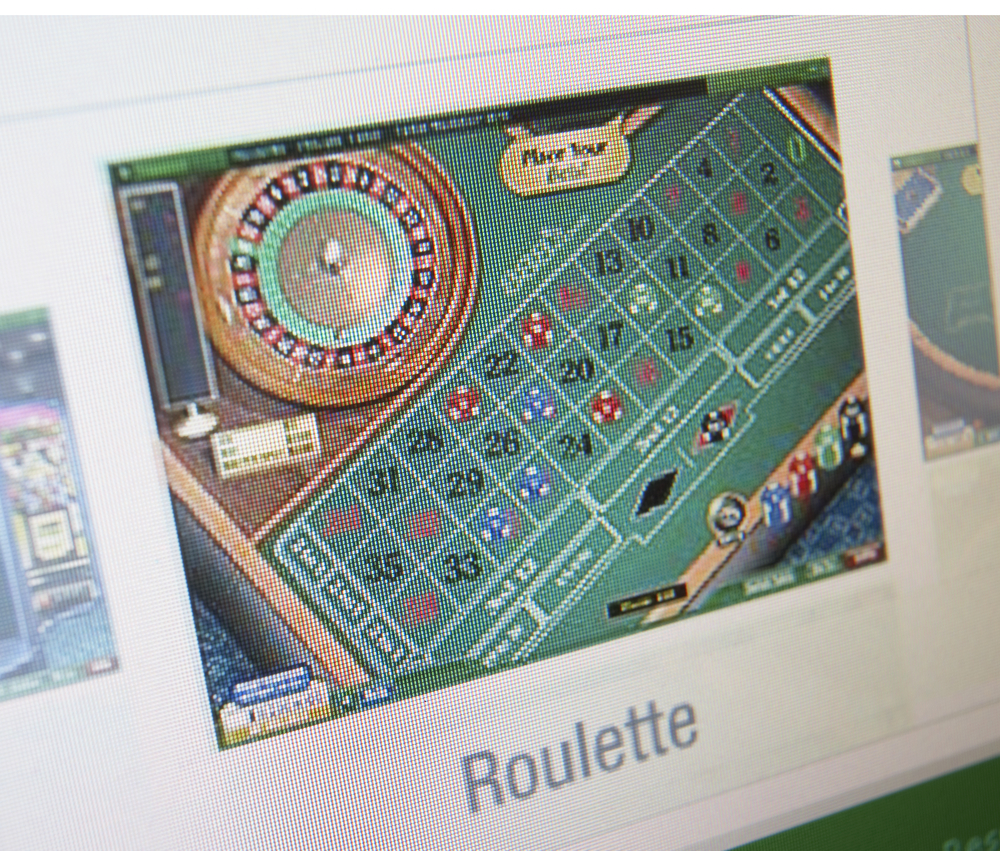Understanding the Various Categories of Playing Cards in Casino Gaming

Casino offerings have been a source entertainment and excitement for countless players around the globe. One of the main components that renders these games engaging is the diversity of cards employed in different types of games. Grasping the various kinds of cards can improve your gaming experience and improve your gameplay strategies. Whether you are attracted to classic card games like Texas Hold'em and blackjack or newer casino games, each game relies on a unique set of cards that influences the rules and the flow of play.
In casino environments, cards come in several forms, each tailored to meet the needs of specific games. From standard decks to custom card types, the diversity plays crucial role in molding the dynamics of each game. By acquainting yourself with these cards and their uses, you can gain more profound insights into the games and make better decisions at the table. This understanding not just enriches your overall gaming experience but also adds to a higher-level approach to your odds of success.
Types of Playing Cards
When it comes to casino games, the kind of playing cards used can significantly impact the gameplay and strategy. The most frequent deck is the standard 52-card deck, which consists of four suits: diamonds, clubs. Each suit contains thirteen ranks, from ace to King. This standard deck is essential in many games, such as black-jack, where players aim to create the best hand possible or get as close to 21 as they can.
Some casino games use special decks specifically designed for the game itself. For example, the well-known game of baccarat often employs multiple decks shuffled together, typically six or 8. This not only increases the difficulty of the game but also impacts wagering strategies, as participants must account for the increased number of cards in play. Additionally, some games may bring in joker cards or wildcards, adding further diversity and excitement to the gaming experience.
In niche games, custom decks may come into play. For instance, in games like Bridge or Pinochle, players might use unique rules with different card values or functions. These changes keep the gameplay fresh and allow for diverse strategies to appear. Understanding the different types of playing cards and their specific uses in various casino games is key to improving one's gambling experience and boosting overall results at the tables.
Deck Modifications in Casino Activities
In gambling activities, the kind of set of cards used can significantly impact both the gameplay and the strategies employed by players. https://sanhga88.online/ Most classic playing card activities, such as blackjack and five-card draw, typically utilize a standard 52-card pack. Sanhga88 However, variations do exist where extra jokers or even multiple decks are used. For instance, in 21, some gaming establishments may use one to eight packs, which can change the odds and the fundamental tactics needed to compete effectively. Participants must be aware of the set of cards makeup, as it influences the house edge.
Another common variation in gambling playing card games is the use of themed or specialized decks. For instance, some poker games might use a deck that includes unique images or patterns, which can enhance the environment at the gaming table. These custom packs often function to differentiate between different game types or loyalty programs within the gaming establishment. While the standard rules of the activity remain the same, the aesthetics can affect participant involvement and satisfaction.
Lastly, the mixing techniques used with various kinds of decks can also impact play. Casinos often utilize automatic shufflers that can effectively reorder several packs effectively, making hand counting more challenging. The rate and method of shuffling can vary widely based on the game and the gaming establishment's rules. Comprehending these card modifications is crucial for any player looking to improve their tactics and overall satisfaction in casino activities.
Value of Playing Card Values
In casino games, the significance of every card plays a key role in deciding the consequences of multiple activities. Various games assign unique worths to playing cards, affecting strategies and player choices. For example, in blackjack, playing cards ranging two through ten are valued at their actual value, while face playing cards hold a worth of ten, and the Ace can be valued alternatively 1 or 11. Grasping these values allows players to make knowledgeable choices during play, improving their chances of winning.
In the same way, in poker, the importance of playing card values extends to combinations and hand rankings. Strong playing cards can form more powerful hands, such as two of a kind, straight hands, or flushes, which are essential for success in the game. Gamers must evaluate not only their own cards but also potential combinations their rivals might hold. This strategic complexity adds thrill and complexity, making card worths a central factor in poker's appeal.
Additionally, the cognitive element of card values cannot be dismissed. Players may use the knowledge of playing card values to deceive or trick their opponents. By grasping how a playing card's worth can impact the game's dynamics, players can better navigate hazards and gains, creating a stimulating atmosphere in gambling activities. Whether competing for fun or for real money, awareness of playing card worths significantly affects the overall gaming experience.
